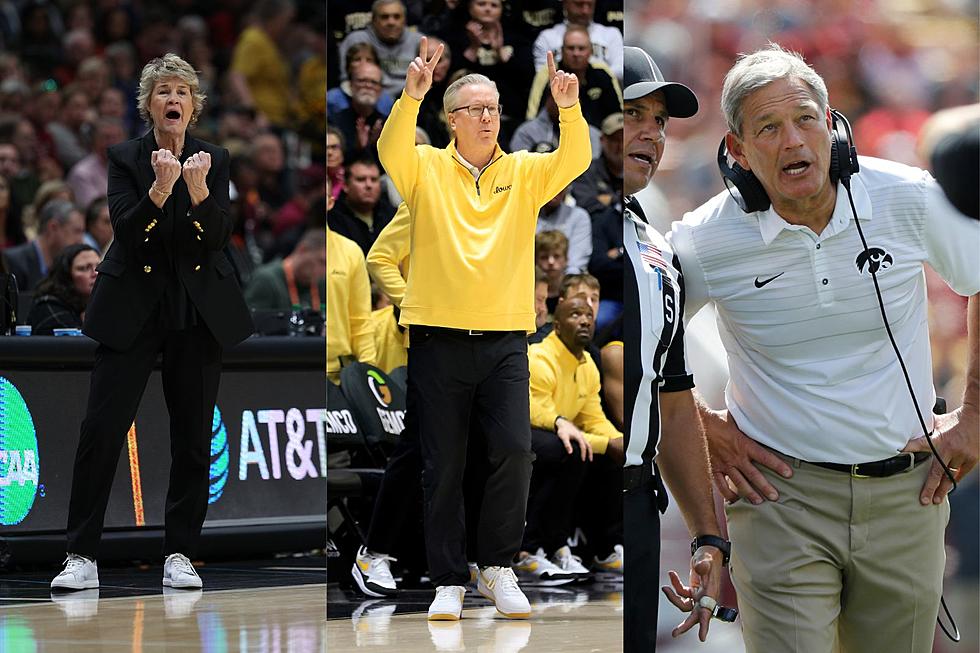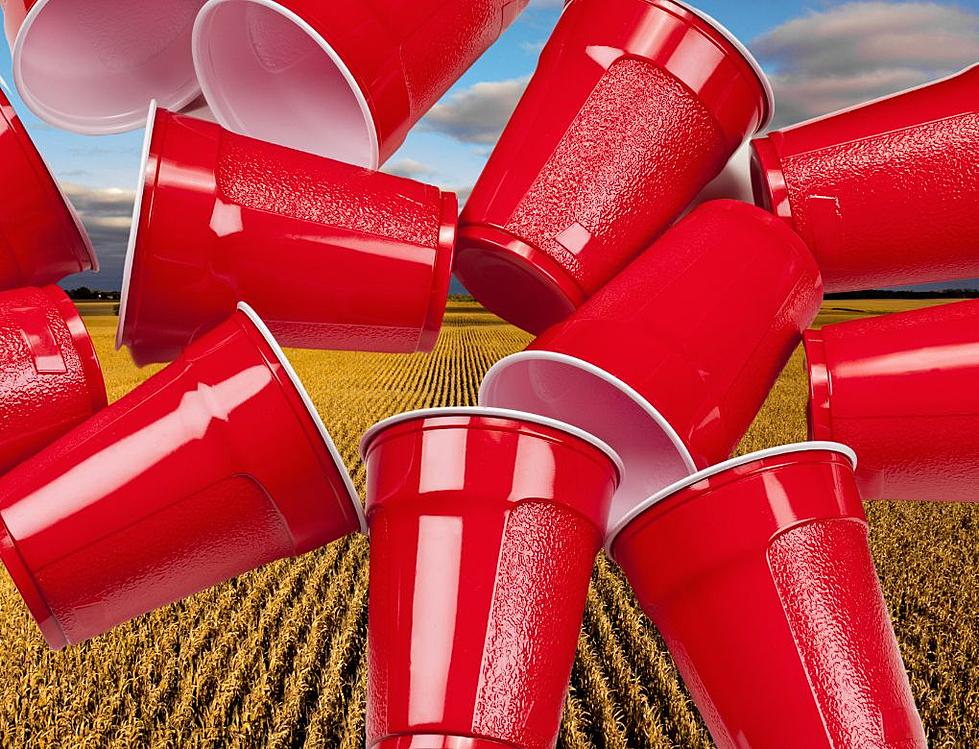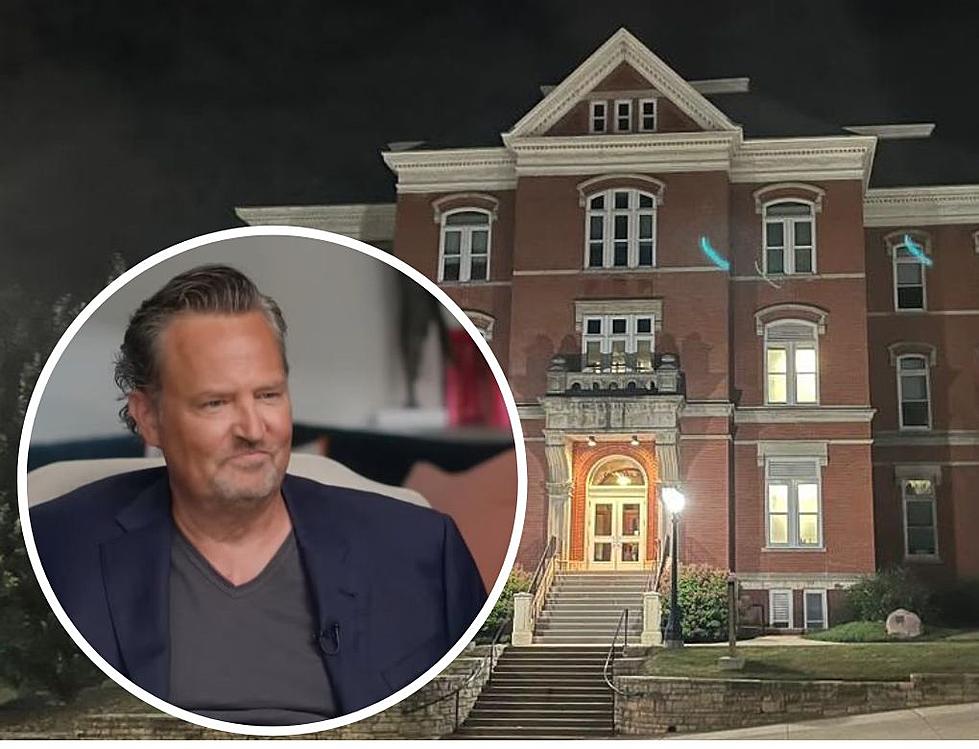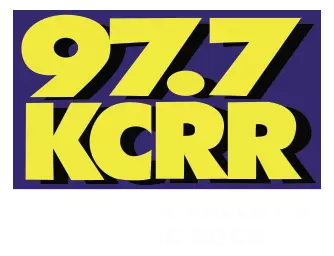
Iowa Professors Send Rocket to Space to Study the Northern Lights
Just under a month ago, Iowa News Now reported that professors from the University of Iowa would be traveling to Alaska to take part in a study that would "launch a sounding rocket in order to better understand a unique type of aurora within the Aurora Borealis."
For those a little less in tune with what the actual frick the 'Aurora Borealis' is (like myself), it's the Northern Lights.
Dr. Allison Jaynes, a co-investigator for the Loss through Auroral Microburst Pulsations (LAMP) mission, and an assistant professor with the University of Iowa's Department of Physics and Astronomy explained what the group is studying:
This type of aurora, in general, is much higher energy than the arcs and curtains that you see in the photographs, so we're interested to see how that energy is flowing from space into earth's atmosphere.
Once they arrived in Alaska, the crew had to wait several days for the skies to clear before they launched their rocket into shallow space -- it took liftoff into an 'aurora-filled sky' on March 5. Jaynes said this to ABC15 News:
Everything kind of looked just perfect. We had ground data that suggested, from my point of view, this is one of the best pulsating aurora events I've ever seen on camera data before. So this was just really one of those, 'I can't believe we hit it,' moments.
The data collected will be used in weeks and months to come in order to better understand space weather.
For those unaware of what the actual frick space weather is (again, like myself), according to the Space Weather Prediction Center and National Oceanic and Atmospheric Administration, "Space Weather describes the variations in the space environment between the sun and Earth. In particular, Space Weather describes the phenomena that impact systems and technologies in orbit and on Earth. Space weather can occur anywhere from the surface of the sun to the surface of Earth."
Jaynes added this as to the purpose of the rocket launch and subsequent study:
One of the things we still don't really know is how to predict- how to predict anything- space weather, as well as when auroras will form and how intense they'll be and what kinds they'll be. So this will be one more data point in our long journey to try and figure out how to forecast and predict space weather events.
5 Kick Butt Women Who Attended the University of Iowa
Cedar Rapids Pay-It-Forward Cafe with All Fresh and Local Food
More From 97.7 KCRR


![University of Iowa Student is Eliminated from ‘The Voice’ [WATCH]](http://townsquare.media/site/675/files/2023/11/attachment-battles.jpg?w=980&q=75)






